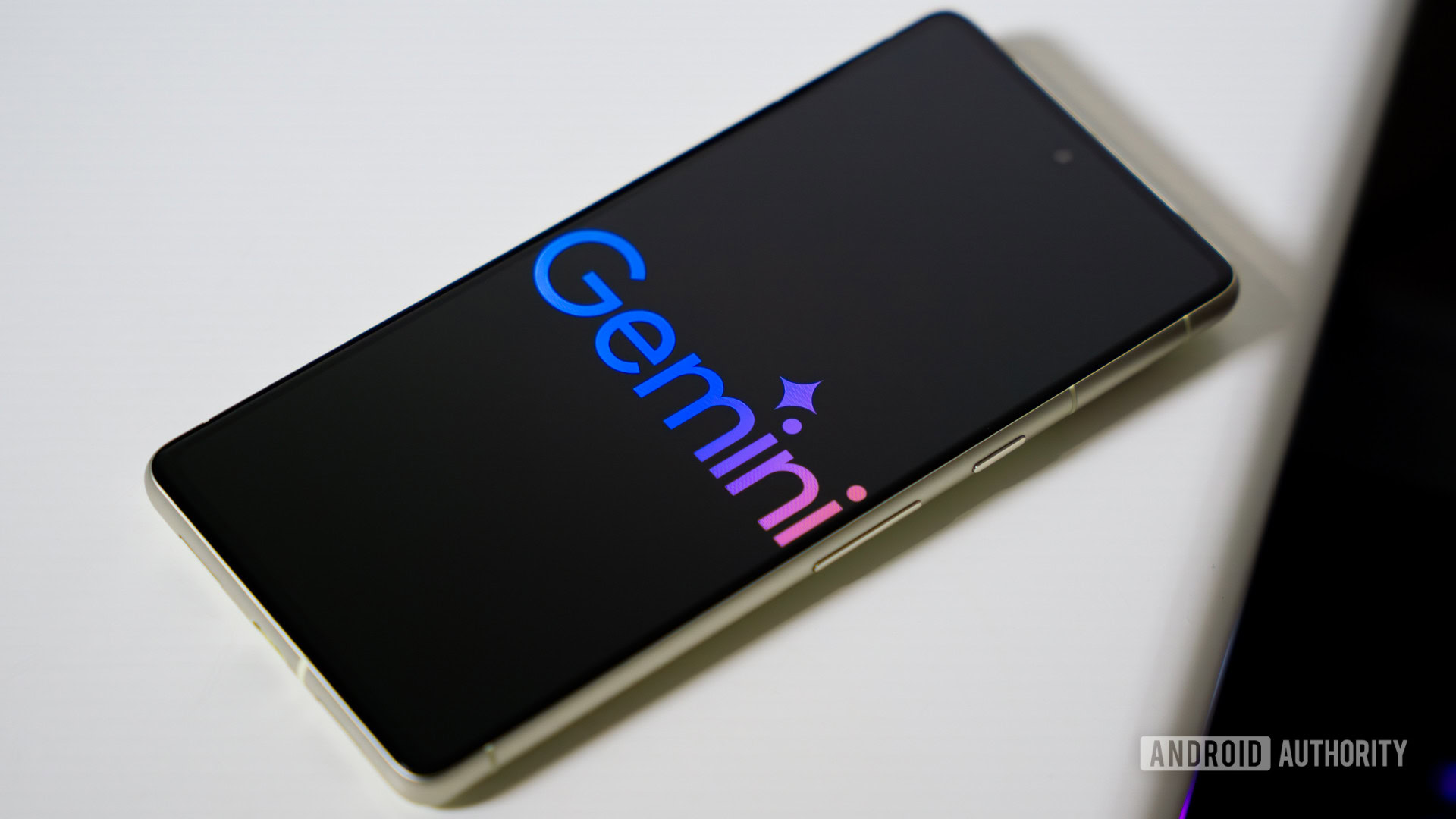Google’s Gemini team is apparently sending out emails about an upcoming change to how Gemini interacts with apps on Android devices. The email informs users that, come July 7, 2025, Gemini will be able to “help you use Phone, Messages, WhatsApp, and Utilities on your phone, whether your Gemini Apps Activity is on or off.” Naturally, this has raised some privacy concerns among those who’ve received the email and those using the AI assistant on their Android devices.



If you want you can install Pixel Camera (official Google camera) from Aurora Store, and deny it Network permissions and any other permissions you want. It still works pretty well for point and shoot but I can’t speak for every single feature. Also you can install simulated services that the Gcam requires to function, without having to run Play Services.
Good to know! Thanks!
Novice question: I think I am understanding that Aurora is a way of accessing the Google store without actually installing the Google Play Store, but is there a software package that it comes with? Is it MicroG? I am a little lost with how these relate to each other.
I installed Lineage and MindtheGapps on my Pixel 3a yesterday, but I’m interested in alternatives before I commit to this setup. It seemed like the easiest route given my lack of know-how, but my hope had been to de-Google gracefully and I don’t know if that’s possible with system-level Google still installed on my phone.
My understanding is that, in broad strokes…
Aurora acts like a proxy or mirror that doesn’t require you to sign in to get Google Play Store apps. It doesn’t provide any other software besides what you specifically download from it, and it doesn’t include any telemetry/tracking like normal Google Play Store would.
microG is a reimplementation of Google Play services (the suite of proprietary background services that Google runs on normal Android phones). MicroG doesn’t have the bloat and tracking and other closed source functionality, but rather acts as a stand-in that other apps can talk to (when they’d normally be talking to Google Play services). This has to be installed and configured and I would refer to the microG github or other documentation.
GrapheneOS has its own sandboxed Google Play Services which is basically unmodified Google Play Services, crammed into its own sandbox with no special permissions, and a compatibility layer that retains some functionality while keeping it from being able to access app data with high level permissions like it would normally do on a vanilla Android phone.